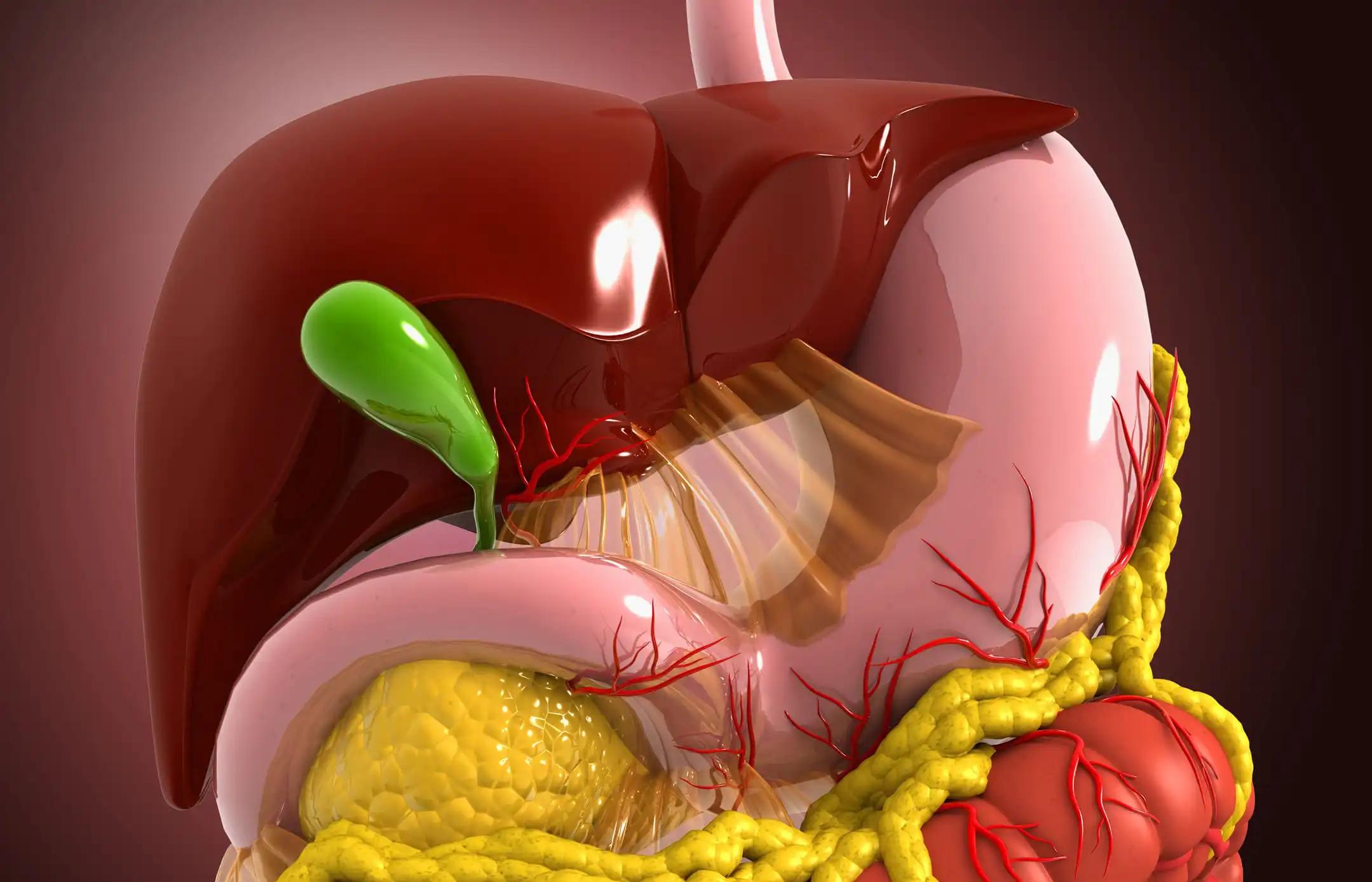KEY TAKEAWAYS
- The phase I/II study assessed the effectiveness of a triplet regimen of NASOX (nal-IRI, oxaliplatin, and S-1) as the first-line treatment for unresectable or metastatic PDAC.
- The trial’s primary outcomes were to find the MTD in phase I and evaluate ORR in phase II, while assessing safety using NCI-CTCAE v5.
- The study suggested that NASOX as a first-line treatment for unresectable or metastatic PDAC is feasible and effective.
This phase I/II multicenter, open-label study evaluated the efficacy of a triplet regimen, which includes nal-IRI, oxaliplatin, and S-1 (NASOX), as the first-line therapy for patients (pts) with unresectable or metastatic pancreatic ductal adenocarcinoma (PDAC)
In the trial, pts with histologically confirmed locally advanced unresectable or metastatic PDAC were considered eligible if they met the following criteria: age over 18 years, no prior history of chemotherapy, an Eastern Cooperative Oncology Group (ECOG) performance status of 0-1, and sufficient organ function. The treatment regimen involved Nal-IRI at either 50 mg/m2 (dose-level 1) or 60 mg/m2 (dose-level 2) on day 1, oxaliplatin at a dosage of 60 mg/m2 on day 1, and S-1 at a dosage of 40 mg/m2 taken twice daily on days 1-7, with a treatment cycle of every two weeks. The primary objectives of this study were to establish the maximum tolerated dose (MTD) during the phase I portion and assess overall response rates (ORR) based on RECIST v1.1 criteria during the phase II portion. Safety profiles were evaluated employing the NCI-CTCAE version 5.
During the first part of the study, which included seven patients, no cases of dose-limiting toxicity were detected at dose-level 1. However, due to the need for frequent dose adjustments in subsequent treatment cycles, this dose was established as the recommended dose (RD) for the phase II portion. Between June 2021 and September 2022, 41 patients were treated at the RD during the phase II segment. At the data analysis time, 12 patients (29%) were still receiving the study treatment. The median age of the patients was 62 years, with an age range of 37 to 76 years, and 28 patients (68%) were male. Most patients, precisely 37 out of 41 (90%), had metastatic disease. The overall response rate (ORR) was 58%, with one patient (2%) achieving a complete response (CR) and 23 patients (56%) experiencing a partial response (PR).
At the time of analysis, the median follow-up period was 9.7 months, ranging from 5.0 to 18.9 months. The median progression-free survival (PFS) was 7.0 months, with a 95% confidence interval (CI) of 3.8 to 10.2 months. In comparison, the median overall survival (OS) was 12.6 months, with a 95% CI that could not be determined (denoted as 95% NA). Notably, two patients with stage IV disease underwent curative-intent conversion surgery. Nausea (experienced by 27 patients, or 66%), diarrhea (25 patients, or 61%), neutropenia (20 patients, or 49%), and anorexia (16 patients, or 39%) were the most common adverse events of any grade. Among these adverse events, grade 3-4 neutropenia was observed in 12 patients (29%), and grade 3-4 diarrhea occurred in 5 patients (12%).
First-line NASOX demonstrated both feasibility and effectiveness for unresectable or metastatic PDAC pts. These findings align with the outcomes observed in the recent phase 3 NAPOLI-3 trial, which investigated NALIRIFOX. NASOX presented itself as a viable alternative regimen to NALIRIFOX, offering the advantage of enhanced patient convenience and the avoidance of central line placement.
Source: https://www.annalsofoncology.org/article/S0923-7534(23)00621-X/fulltext
Clinical Trial: https://classic.clinicaltrials.gov/ct2/show/NCT04662112
Yoo, C., Kim, B., Lee, C., Kim, K. SO-7 First-line liposomal irinotecan (nal-IRI), oxaliplatin and S-1 (NASOX) in unresectable or metastatic pancreatic ductal adenocarcinoma (PDAC): A phase I/II study. https://doi.org/10.1016/j.annonc.2023.04.479



